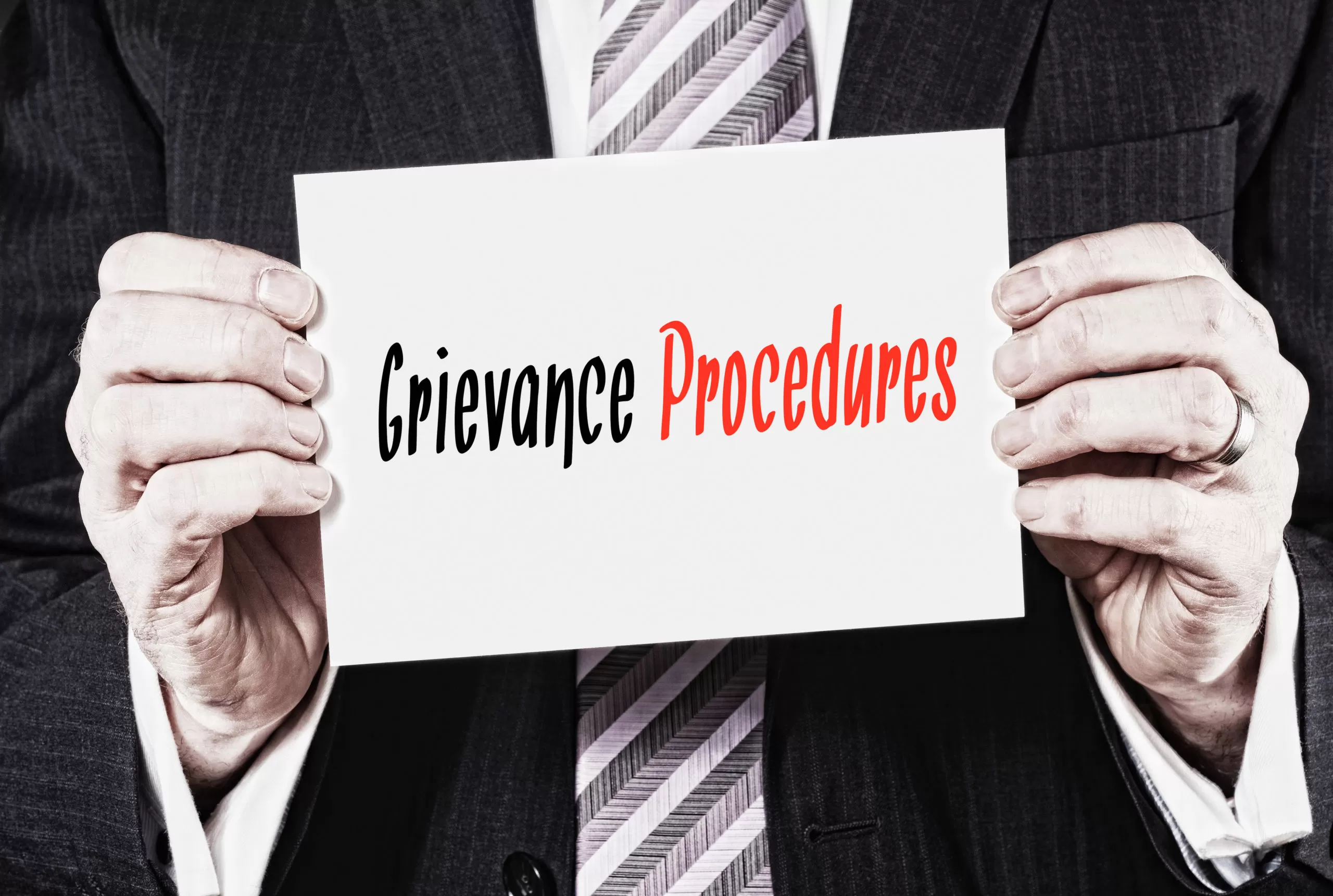One of the most esteemed credentials in Human Resources (HR) is the Professional in Human Resources (PHR) certification, provided through the Human Resource Certification Institute (HRCI). Whether you’re a seasoned HR practitioner or aspiring to enter the industry, understanding the intricacies of PHR certifications can significantly impact your career trajectory.
This comprehensive guide explores PHR certifications, covering their significance, eligibility criteria, exam details, preparation strategies, and ongoing maintenance requirements. Additionally, it compares the PHR certification to other HR professional certifications to help you identify the best fit for your professional aspirations.
What Is the Human Resource Certification Institute?
The Human Resource Certification Institute (HRCI) is a globally recognized HR certification institute dedicated to advancing the HR profession through rigorous certifications and professional development opportunities. Founded in 1976, HRCI has established itself as a trusted authority in HR certification, offering a range of designations tailored to professionals at various stages of their careers.
What Is the PHR Certification?
The Professional in Human Resources (PHR) certification, administered by the HRCI, recognizes HR professionals who demonstrate mastery in various HR disciplines. This certification validates expertise across key areas of human resource management, including workforce planning, employee and labor relations, compensation and benefits, HR development, and risk management. To obtain the PHR certification, candidates must pass the PHR exam.
Who Should Pursue a PHR Certification?
The PHR certification is accessible to a broad spectrum of HR professionals. Whether you’re embarking on your HR journey or have extensive experience in roles like HR generalist, specialist, manager, or consultant, earning a PHR certification can significantly bolster your credibility, widen your career prospects, and enhance your earning potential. Moreover, recent graduates and career changers aiming to establish themselves in HR can leverage the PHR certification to showcase their knowledge and skills effectively.
Is a PHR Certification Worth It?
The value of a PHR certification extends beyond recognition. It is a benchmark of excellence, distinguishing certified professionals in a competitive job market. Employers often prioritize candidates with accredited certifications, viewing them as reliable assets capable of driving organizational success.
Do You Make More Money With a PHR Certification?
Yes, according to Payscale.com, HR professionals who are certified also are promoted faster and tend to hold positions of higher authority compared to their non-certified counterparts. According to Payscale’s research report, the median pay for an HR professional with any certification was $64,700 while those without certification made around $45,600—a difference of nearly $20,000!
The numbers vary across different industries and parts of the country, but on average the certification pays off in terms of dollars.
Does a PHR Certification Increase Your Odds of Getting a Job?
Absolutely.
Let’s call a spade a spade—the primary reason people get their PHR is to showcase it on their resume. It can be that slight edge that causes you to get hired over another HR professional with similar experience and education. Recruiters often consider resumes without these letters as incomplete, and unfortunately, many applicant tracking systems automatically filter out candidates lacking certification, putting them at a disadvantage from the start.
How To Get Your PHR Certification
Obtaining PHR certification involves fulfilling eligibility requirements and preparing for and passing the PHR exam.
PHR Certification Exam Requirements
To qualify for the PHR exam, candidates must meet specific eligibility criteria outlined by the HRCI.
PHR Education and Experience Eligibility Criteria
As listed on the HRCI website, to be eligible for the PHR you must meet one of the following conditions for education and/or professional-level experience:
- Have at least 1 year of experience in a professional-level HR position and a Master’s degree or higher.
- Have at least 2 years of experience in a professional-level HR position and a Bachelor’s degree.
- Have at least 4 years of experience in a professional-level HR position.
PHR Hourly Requirements
HRCI requires a minimum of 1,500 hours of HR-related work experience per calendar year to meet the eligibility criteria.
Exam Details
First applicants must complete the HRCI Application Process before scheduling an exam appointment.
PHR Exam Structure
The full details of the PHR exam can be found on their website. Overall, the exam encompasses multiple-choice questions, situational judgment scenarios, and case studies, designed to evaluate candidates’ critical thinking, problem-solving, and application of HR management principles in the real world.
- The exam time is 2 hours (plus 30 minutes of administration time)
- The exam is composed of 90 scored questions + 25 pretest questions
For a more complete breakdown, read this PDF provided by HRCI.
When Can I Take the PHR Exam?
Once the application is approved and applicants have received their eligibility ID from HRCI, they have 180 days to select their exam date and location. If applicants want, they can take an at-home computer-based test with OnVUE online proctoring.
How Much Does the PHR Exam Cost?
The exam fee is $395.00 plus an application fee of $100.00.
Are There PHR Prep Courses?
HRCI provides a selection of bundles for the PHR Exam preparation, which include prep courses, study guides, and practice exams, among other resources. These comprehensive packages are designed to support your study efforts and are available directly through their website.
Remaining Certified
Your PHR certification is valid for 3 years after testing. To maintain your PHR credential, you must earn 60 HR recertification credits over 3 years or retake the exam.
What Is the SPHR Certification?
The SPHR certification (Senior Professional in Human Resources) is another credential offered by the HRCI, designed for HR professionals with more HR experience and who operate primarily in a strategic role within their organizations.
Key Differences Between SPHR and PHR
The SPHR is aimed at seasoned HR practitioners with a focus on policy development, strategic decision-making, and overarching HR service delivery, as opposed to the tactical and operational focus of the PHR certification.
SPHR Eligibility Criteria
SPHR candidates typically need to demonstrate more extensive professional experience compared to PHR candidates, reflecting the senior-level competency expected of senior certified professionals. To be eligible for the SPHR you must meet one of the following conditions for education and/or experience:
- Have at least 4 years of experience in a professional-level HR position and a Master’s degree or higher.
- Have at least 5 years of experience in a professional-level HR position and a Bachelor’s degree.
- Have at least 7 years of experience in a professional-level HR position.
SPHR Exam Content and Structure
The SPHR exam content heavily focuses on strategic management, workforce planning and employment strategy, HR development strategy, total rewards, employee and labor relations from a senior management perspective, and risk management.
- The exam time is 2 hours and 30 minutes (plus 30 minutes of administration time)
- The exam is composed of 115 scored questions (mostly multiple-choice) + 25 pretest questions
For a more complete breakdown, read this PDF provided by HRCI.
SPHR Exam Cost
The SPHR Exam Fee is $495.00 plus an application fee of $100.00.
Maintaining Your SPHR Certification
Once you have obtained your SPHR credential, your certification is valid for 3 years after testing. To maintain your credential, you must earn 45 HR and 15 Business recertification credits (60 total) over 3 years, or you will have to retake the exam.
Should I Get the PHR or SPHR Certification?
The choice between pursuing PHR or SPHR certification depends on your current career level, professional goals, and the role you envision for yourself within the field of HR. If you’re focused on a hands-on, operational role in HR, the PHR may be more aligned with your career path. Conversely, if you aim to move into a high-level strategic position within HR, the SPHR could be a better fit.
Regardless of which certification you choose, both the PHR and SPHR credentials from HRCI are respected by employers worldwide and can significantly enhance your career by validating your expertise and commitment to the HR profession.
Other HRCI Certifications
While the PHR and the SPHR are the most recognized of the HRCI exams, several other professional certifications may better fit your experience and goals.
Knowledge Certifications
- Associate Professional in Human Resources (aPHR): The aPHR is geared towards recent college graduates and those just entering the HR field
- Associate Professional in Human Resources – International (aPHRi): The aPHRi is geared towards recent college graduates and professionals who are just beginning their HR career journey in any locale.
Professional Certifications
- Professional in Human Resources – California (PHRca): The PHRca is specifically for HR professionals who expect to operate in the state of California.
- Professional in Human Resources – International (PHRi): The PHRi is for remote HR professionals who operate independently of a geographic region.
Strategic Certifications
- Global Professional in Human Resources (GPHR): The GPHR is for HR professionals who work in a multinational or global setting.
- Senior Professional in Human Resources – International (SPHRi): The SPHRi is for senior HR professionals who operate remotely or internationally.












